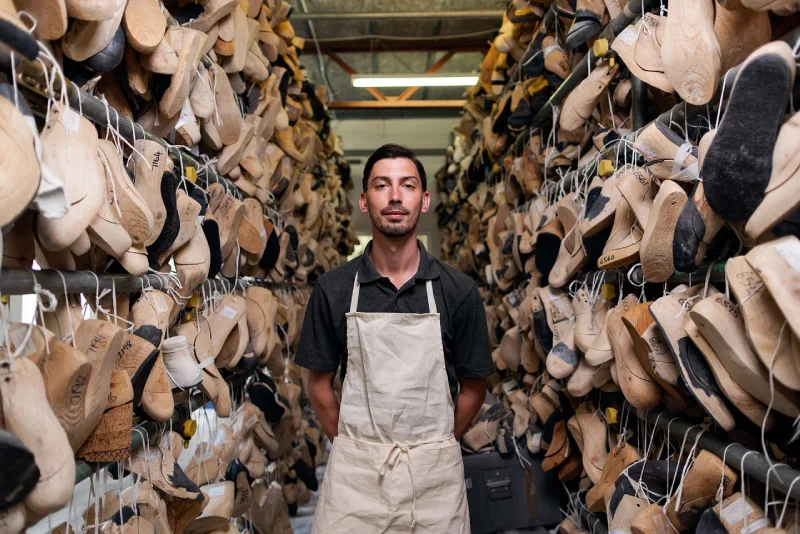Home → Cumulation – what is it?
Cumulation occurs when countries share production and jointly comply with the ROO provisions. This allows for products which are produced entirely in one country or substantially transformed to be considered as originating in that country, even though this deviates from the core concept of origin
Global supply chains are heavily relied upon in the manufacturing process, with component sourcing and processing taking place across many countries. When two or more countries have agreed to follow the same ROO principles within a free trade agreement, if one country’s product is further processed in another country that falls under the agreement, then it can be considered as originating from the final production country.
The rules for determining substantial transformation are decided on a product-by-product basis, and will be determined by the commodity codes assigned to each product.
The cumulation ofrules allows for a greater variety of products to be considered as originating from within a trade bloc, promoting economic cooperation and development between the countries involved.

The most basic form of bilateral cumulation is when two partners trade with each other and are able to add up the origin of goods. Bilateral cumulation serves as the foundation for the UK-EU TCA. In other words, inputs that originate from either market can be seen as originating under the preferential tariff rate that both countries have agreed upon.
The product’s country of origin is typically verified by a certificate that comes with the shipment during importation.
For example, under the UK-EU TCA with same origin rules, if UE strawberries were turned into marmalade in the UK, The strawberries could be considered as originating in the UK through bilateral cumulation.
Under the UK-EU TCA, products or materials from the EU can be considered as originating in the UK if they are further processed in the UK before being exported back to the EU.
The TCA arrangements allow for exporters to cumulate originating materials or products, as well as processing or production carried out on non-originating materials (”full bilateral cumulation”). This means that all operations conducted in the UK or EU are considered when determining whether a good is able to meet a product-specific rule.
Full bilateral cumulation applies to both processes (for example ‘combing’ or ‘making up’ in the manufacture of textiles products) and values associated with such processing (for example in product-specific rules with value-add requirements).
It’s important to note that when an exporter wishes to acquire originating materials or production from non-originating sources, they can only do so if the working or processing done on those materials meet or exceed the level of ‘insufficient’ processing outlined in the TCA’s Insufficient Processing article.
If businesses want to take advantage of lower tariffs when importing into the UK or EU, they need to request preferential treatment on their customs declaration forms and have documentation that proves the goods meet the ROO.
A proof of origin is used by businesses as validation that their products come from within the exporting country’s territory and are able to receive preference.
